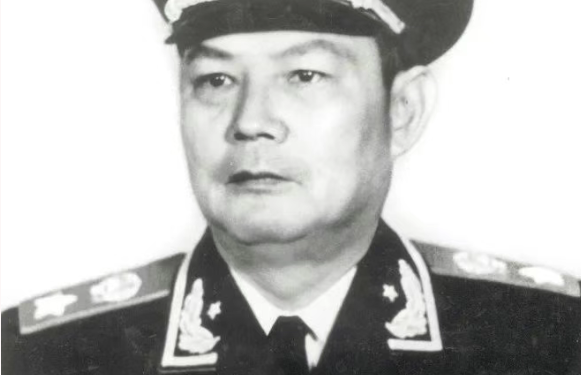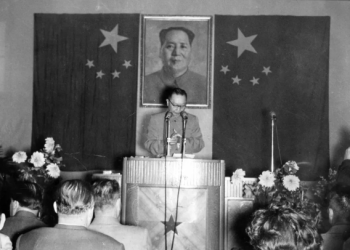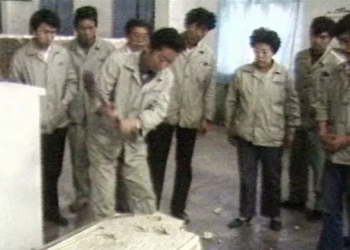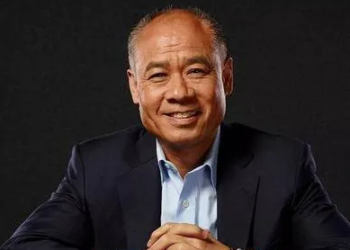In September 1979, while much of the world focused on Cold War tensions and China’s bold economic reforms, a quiet but deeply significant political proposal emerged in Beijing. On September 30, Marshal Ye Jianying, a senior statesman of the People’s Republic of China, stepped forward during a meeting of the Standing Committee of the National People’s Congress and presented what would become known as the “Nine Points.” These were not declarations of war or demands for surrender, but a carefully constructed roadmap for peace with Taiwan—a gesture that would send ripples through the Chinese-speaking world, especially among overseas Chinese communities in Southeast Asia.
Ye’s statement came at a time when China’s domestic and international posture was shifting dramatically. The Cultural Revolution had ended just three years earlier. Deng Xiaoping’s reform and opening-up had begun. China was cautiously exploring new diplomatic avenues, having normalized relations with the United States and Japan. In this environment, Ye Jianying’s proposal represented something even more radical than economic change: the softening of political tone toward Taiwan.
The Nine Points, officially titled “Remarks on the Taiwan Issue,” were presented not as ultimatums, but as assurances. They included promises that Taiwan could retain its military, manage its own local affairs, maintain economic and cultural autonomy, and even send representatives to participate in the national government. There would be no forced socialist transformation, and peaceful negotiations would take place on equal footing. It was, in essence, the earliest public version of what would later evolve into the “One Country, Two Systems” framework.
Marshal Ye, known for his moderation and diplomacy, embodied the credibility and political weight necessary for such a statement. A founding general of the People’s Liberation Army and a veteran of the Long March, Ye was respected by both the Communist Party leadership and wider Chinese society. His proposal was not only a signal to Taiwan, but also a message to the broader world—that China was entering a new chapter, one that valued dialogue over conflict.
For many overseas Chinese, especially those living in Malaysia, Singapore, Indonesia, and Thailand, Ye Jianying’s Nine Points resonated deeply. These were families who had long maintained cultural and emotional ties to the mainland, even as they built new lives abroad. The message was clear: China was ready to talk, not fight. For older generations who had fled civil war or Japanese occupation decades earlier, it was the first time they had heard the mainland speak with such restraint and openness.
Still, the reactions were mixed. In Taiwan, the ruling Kuomintang (KMT) government rejected the offer outright, seeing it as a propaganda move. Yet, among ordinary people and Taiwanese business communities abroad, curiosity stirred. Some began to envision a future where cross-strait travel, trade, and even family reunions might once again be possible.
Ye Jianying’s Nine Points did not bring immediate resolution. But they marked a critical turning point in the tone of China’s cross-strait policy. They laid the groundwork for the later 1980s and 1990s policies that led to the establishment of semi-official talks, the opening of travel and trade channels, and the gradual normalization of people-to-people exchanges.
More broadly, the Nine Points helped redefine China’s image. At a time when global media still associated the PRC with political upheaval and ideological rigidity, this measured, conciliatory message demonstrated a different face: one that valued stability, unity, and peace.
Today, the legacy of Ye Jianying’s Nine Points remains part of the complex and evolving cross-strait dialogue. While political realities have shifted and tensions continue to rise and fall, the 1979 proposal stands as a reminder that even in difficult times, diplomacy and dignity can offer a path forward.











